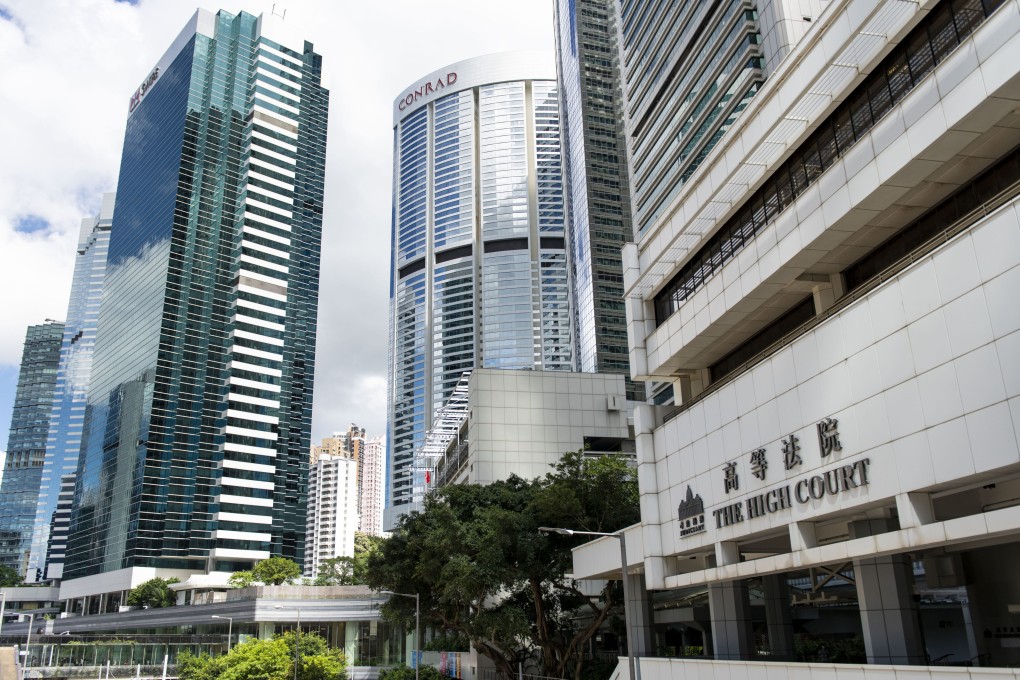Letters | The right to choose how to die does not devalue life
- Readers discuss incurable patients’ right to make end-of-life decisions, archaic court procedures, and Hong Kong’s airport labour problem

A few years ago, the incurable patient Omid T challenged the blanket ban on assisted suicide in the United Kingdom. He criticised the law as being hypocritical for allowing euthanasia of animals but not humans. He chose to end his life by medically assisted suicide in Switzerland. This tragedy has increased support for legalising euthanasia in Britain.
While it is easy for commentators to buttress the sanctity of life in the abstract, no one better understands the situation than the patients themselves. Euthanasia could be an escape from profound pain and suffering. It is inhumane to deny patients the right to choose to die with dignity.
As Lord Neuberger, former president of the UK Supreme Court, said in 2014, there is “significantly more justification in assisting people to die if they have the prospect of living for many years a life that they regarded as valueless, miserable and often painful, than if they have only a few months left to live”.
The burden of care is huge and the cost of prolonged medical treatment for the terminally ill is astronomical. It could be a huge relief for the ill, their family and society to allow incurable patients to make an end-of-life decision.